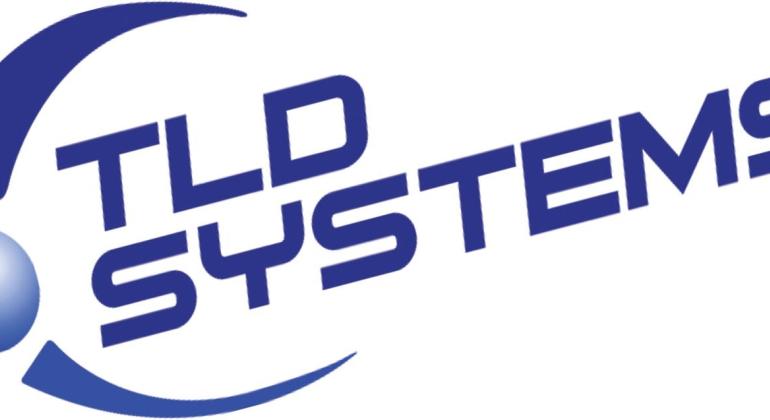A Cybersecurity Advisory was issued related to the LummaC2 malware. This alert highlights the growing industry of Cyberhacking as a service. Looking at this malware product is a good lesion in good cybersecurity. You want to read this entire article.
There are three ways this malware can get into your computer system.
The first is by email. The hackers send a target email – often referred to as spear-phishing and have a convincing hyperlink in the email that when clicked puts the malware on your system.
The second is through a fake CAPTCHA. CAPTCHA is the ‘test’ that is found on many websites before they let you submit a form or access a resource to make sure you are human. You have probably seen this many times ( For example which picture has a bicycle in it).
The CAPTCHA contains instructions for users to then open the Windows Run window (Windows Button + R) and paste clipboard contents (“CTRL + V”). After users press “enter” a subsequent Base64-encoded PowerShell process is executed.
The third is the distribution of fake popular software such as multimedia players or utility software. Once you download the fake software the malware is installed on your computer.
Once a computer system is infected, the malware can access sensitive user information, including personally identifiable information, financial credentials, cryptocurrency wallets, browser extensions, and multifactor authentication (MFA) details without immediate detection.
Private sector statistics indicate there were more than 21,000 market listings selling LummaC2 logs on multiple cybercriminal forums from April through June of 2024, a 71.7 percent increase from April through June of 2023.
What can you do to protect yourself?
Staff members should not be accessing personal email from practice computers
Have antivirus software scan all emails and attachments prior to you being able to view the email. (Make sure you have antivirus installed on all computers and that it is being kept up to date
Never click on a link or file in an email that you are not expecting.
Never open the Windows Run window (Windows Button + R). This opens up a command prompt on your computer. If you get a message on your screen or you get a call where somebody is asking you to do this delete the message or hang up the phone. You may end up on a technical support call with a company you called, and you trust. When YOU HAVE MADE THE CALL, and you know who you are talking to, then it may be ok to do this, but NEVER when you receive the call. The person on the other side of the call may not be who they claim to be.
DO NOT download software from the web based upon a web search unless you are getting it from the “OFFICIAL” manufacturers site. Other sites that offer versions of the software that prices that are too good to be true are possibly fake versions of the software that have embedded malware.
Good Cybersecurity requires that you be careful and diligent when using your computers and when reading your email. A vast amount of cybersecurity incidents are caused by a user clicking the wrong button because they were convinced to do something by a bad actor.
TLD Systems supports many medical practices to implement good Cybersecurity Practices and have a HIPAA Security Risk Analysis and Risk Mitigation Plan. For more information on TLD Systems Services
Visit https://www.tldsystems
Email info@tldsystems.com
Call (631) 403 6687



Read Comments